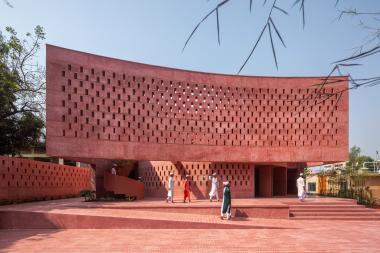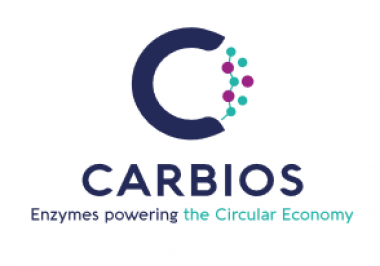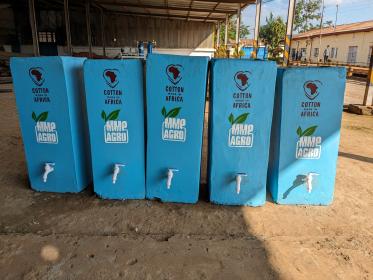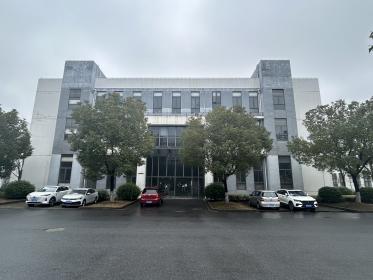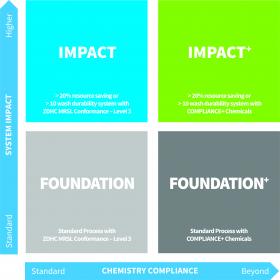Oerlikon Barmag: Pumps with magnetic coupling
Polyurethane has become an integral part of our daily lives, whether in the construction industry, in leisure activities, in the manufacture of furniture or in numerous other applications. The precision gear pumps from Oerlikon Barmag, which will be presented at this year's UTECH Asia / PU China 2024 in Shanghai, impress with customised solutions for demanding tasks in the chemical industry. They increase the productivity of the often complex manufacturing processes for this wide range of applications.
Oerlikon Barmag pumps handle demanding processes in PUR applications, in the chemical, plastics or paint and lacquers industries. One of the greatest challenges lies in the accurate and reliable metering of toxic or low-viscosity media. With the GM and GA series and the associated components, Oerlikon Barmag presents the optimum equipment for these applications.
GM pump
Pumps in the GM series achieve precise dosing by feeding the flow with low pulsation. The multi-stage GM pump conveys low-viscosity media even under high pressure and the most difficult operating conditions (e.g. 250 bar, 100 mPas). The standard pump for many dosing tasks is the GM series in a square design. With the development of the multi-stage pump, the range of applications for the GM series has been significantly expanded. The round 2-stage GM pump has been specially developed for use in high-pressure technology. It fulfils the special challenge of pumping small flow rates with low viscosities. The pump serves flow rates from 0.05 to 20 ccm/rev and is therefore particularly suitable for the production of PUR moulded parts, block foam, refrigeration unit insulation or sandwich panels.
GA series
Making products and processes more efficient is a constant challenge for manufacturing companies. This is why Oerlikon Barmag has added the GA series to the GM series especially for the demanding conveying of high-viscosity media. The GA series is available in delivery volumes of 1.25 - 30 cm³/rev (0.6-144 l/h). It is designed for pressures up to 200 bar, for viscosities up to 1,500 Pas and for temperatures up to a maximum of 225°C. With this pump series, Oerlikon Barmag offers customised solutions for process engineering processes where highly accurate and uniform metering is required.
The drum pump
The drum pump from Oerlikon Barmag is specially designed for conveying and dosing highly viscous materials such as adhesives, silicones and other highly viscous materials from drums and other large containers and for pressures of up to 250 bar. One of its special features is not only that it discharges highly viscous materials from the drum, but also that the medium can be dosed directly without an intermediate stop.
The gear pump and drum follower plate are synchronised so that the plate effortlessly reaches the bottom of the container, leaving behind only a very small residual quantity of < 1%. This reduces material costs and has a positive effect on the production process.
Oerlikon Textile GmbH & Co. KG,





